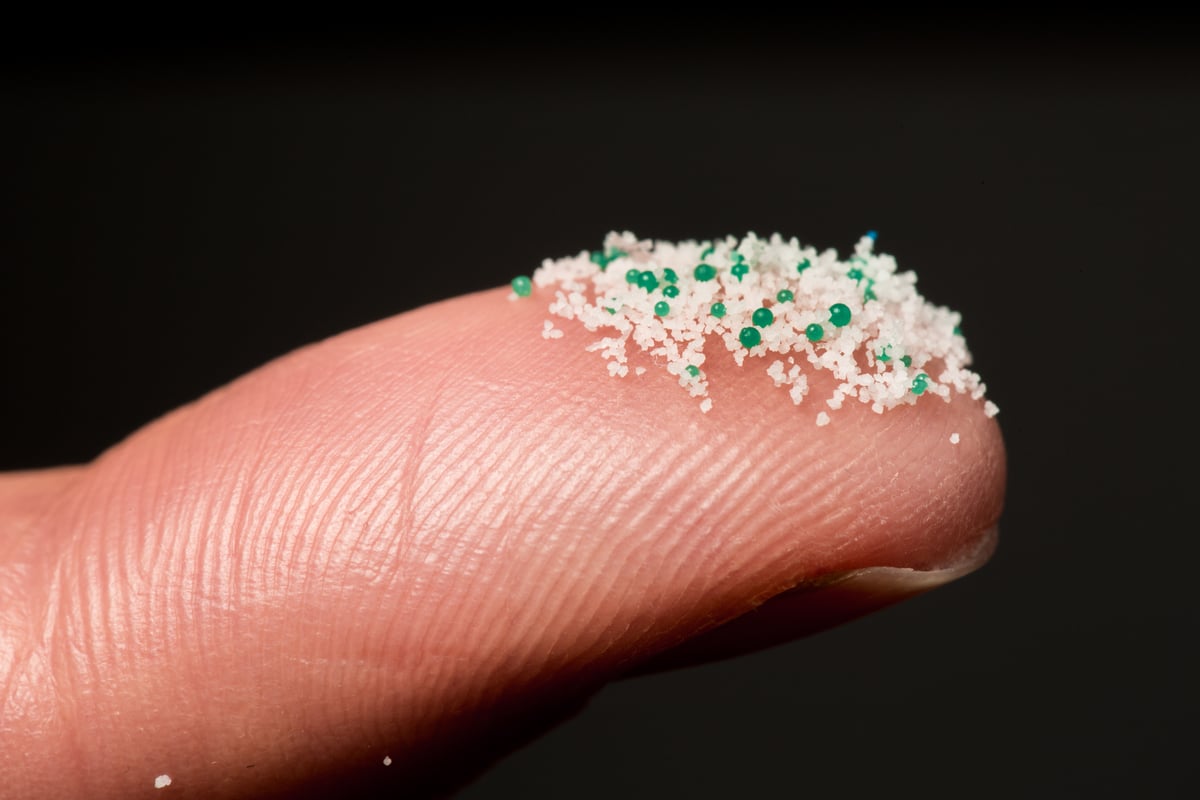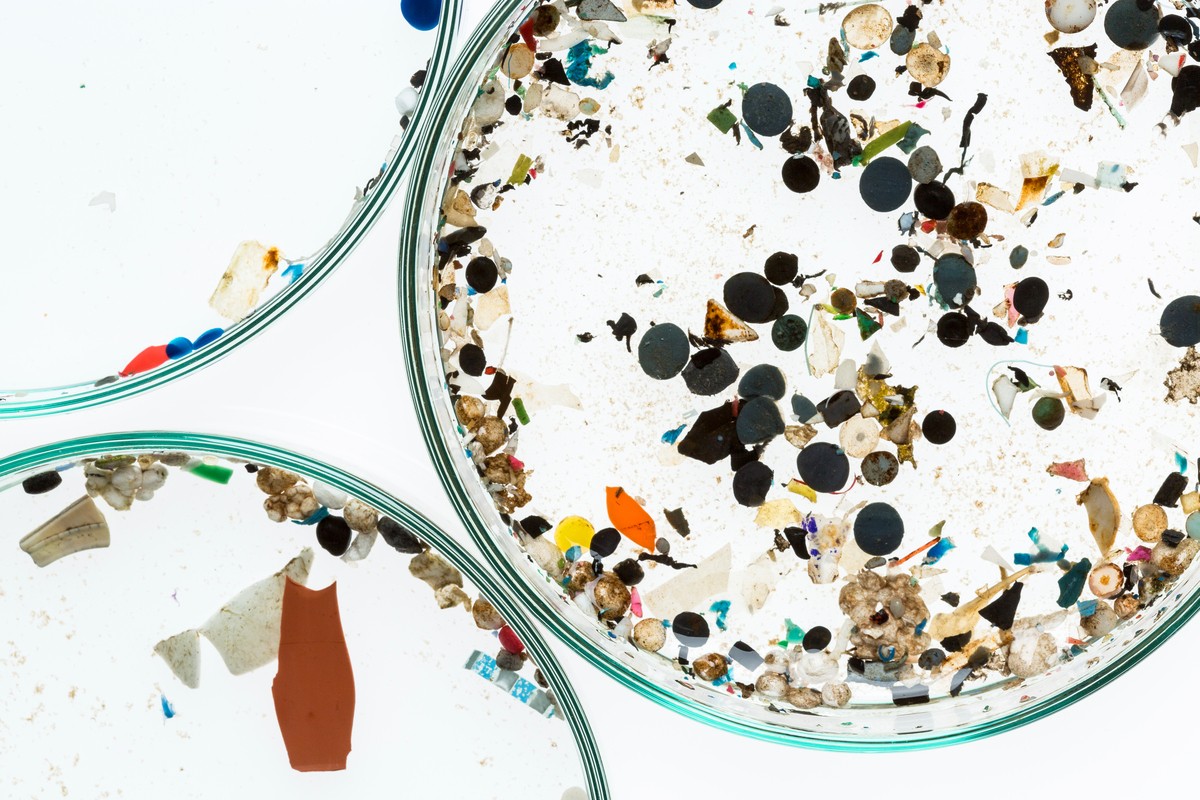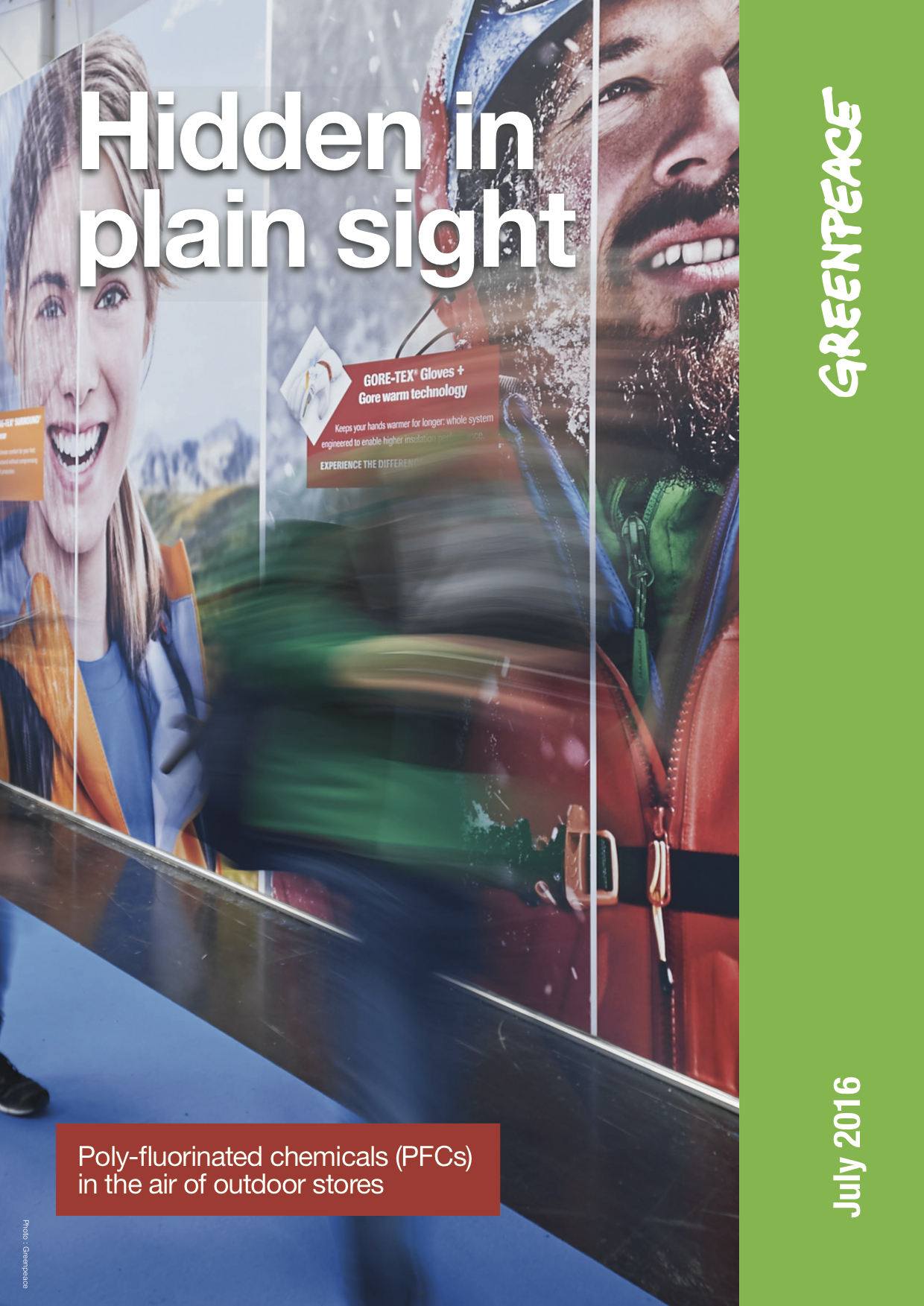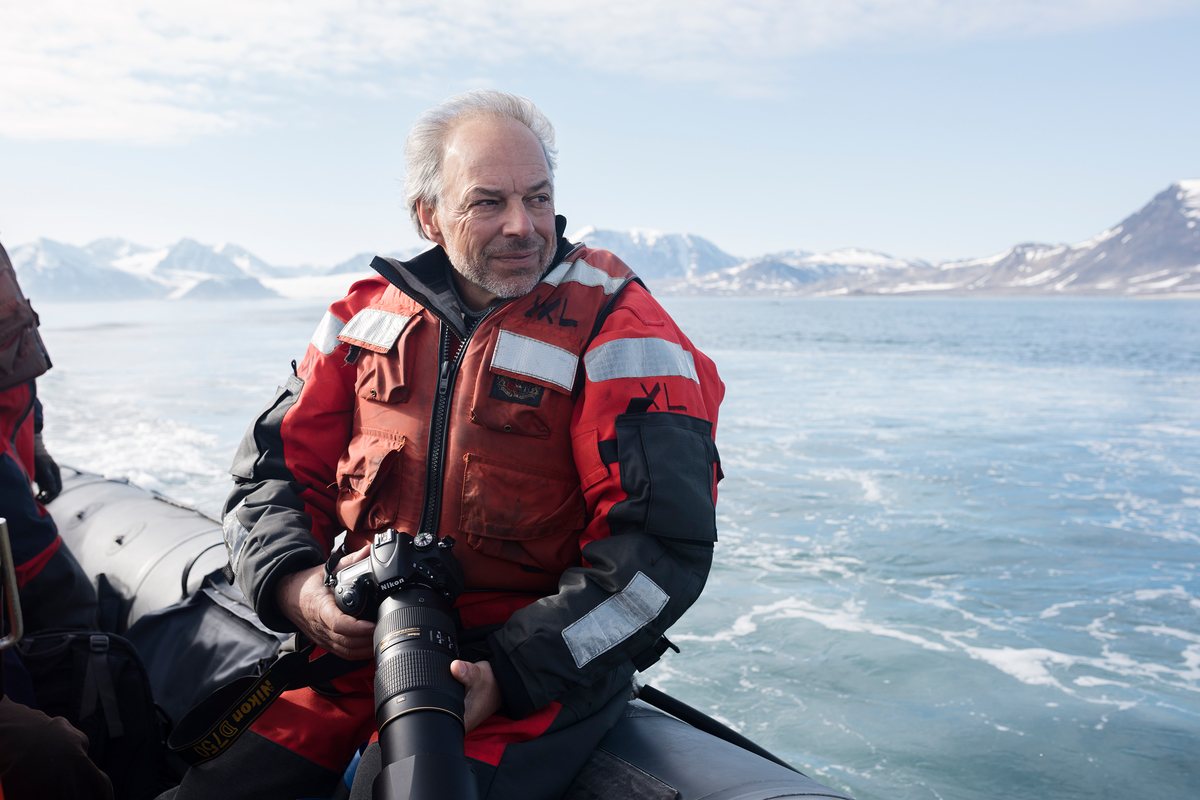-
Microbeads: How did companies respond?
Back in July, Greenpeace East Asia ranked 30 global companies to see how they measured in terms of their commitment to phasing out microbeads – the tiny terrors that are often found in shower gels and facial scrubs, and are known to wreak havoc on our ecosystems and marine life.
Taehyun Park • 4 min read -
Why fixing your phone is one of the most empowering things you can do
Like most people, I don’t go anywhere without my phone. In the morning, its shrill alarm rouses me from sleep. During the day it bobs between my ear, my hand, and my pocket. At night, I hunt for Pokémon before putting it away on the nightstand. My phone is my MP3 player, my camera, and…
Kyle Wiens • 4 min read -
Which country is most likely to repair their electronic gadgets?
What happens when your mobile phone dies? Which country is most likely to recycle? And do people repair their phones or just simply throw them away? We did the research to find out...
Chih An Lee • 4 min read -
6 amazing plastic bans from around the world
Good news! Plastics bans across the world have been hitting the headlines lately. From the US to India and Morocco, governing bodies are taking control of the plastic pollution problem, bringing in either complete bans on plastic, or bans on specific forms like polystyrene.
Fiona Nicholls • 3 min read -
From L’Oréal to Revlon, which brands are polluting the ocean with microbeads?
After discovering that 170 types of seafood contained traces of microplastics, Greenpeace East Asia decided to put 30 of the world’s biggest cosmetic and personal care brands to the test.
Taehyun Park • 3 min read -
Personal care products may still be polluting oceans despite promises by companies says Greenpeace
Seoul, 20 July 2016 – A ranking of the world’s 30 largest personal care companies, published today by Greenpeace East Asia, shows that big brands are failing to remove microplastics from their products. The ranking shows that voluntary corporate commitments to end use of microbeads that pollute rivers and oceans are not working. Governments must…
-
Hidden in Plain Sight
A recent investigation by Greenpeace has found hazardous poly-fluorinated chemicals (PFCs) in the indoor air of stores selling outdoor gear in Europe and East Asia. Samples were taken in the flagship stores of the brands Mammut, The North Face, Norrona and Haglöfs and in non-branded outdoor stores. The results show that concentrations of PFCs in…
-
7 ways fishing trawlers are bad news for the seabed
I’m writing this in the high Arctic at 78º North Latitude in early July, aboard the Greenpeace ship Arctic Sunrise where I’m a guest for a few days, with 24-hour daylight and gleaming glaciers in the valleys of snow-capped coastal mountains.
Carl Safina • 5 min read -
Which fashion brands are going toxic-free?
It was a massive step when Adidas, Puma and Nike promised to go toxic-free by 2020. But when we turned our attention to other companies, the rest of the industry put up resistance.
-
Greenpeace: Nike, Esprit, Victoria’s Secret and LiNing fail toxic-free fashion ranking
Hamburg, 5 July 2016 – Greenpeace International today releases its Detox Catwalk, assessing how effectively 19 major fashion brands are cleaning up their supply chains of toxic chemicals. Inditex (which owns Zara), H&M and Benetton are the only three “Avant-Garde” companies on track to clean up their chains as promised by 2020, while Victoria’s Secret…









